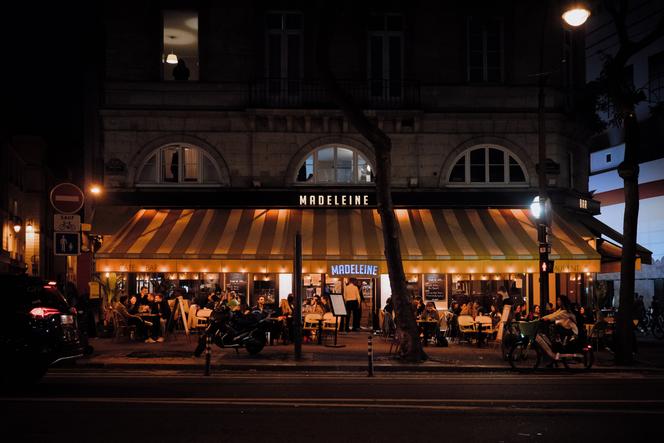


You don't need any sensors to observe that traffic noise has dropped significantly in Paris. The number of combustion-powered cars on the capital's streets has been steadily declining for years, and most of the engines under the hoods of those still on the road have been improved. "In Paris, the trend is towards a reduction in road noise," confirmed Fanny Mietlicki, the director of Bruitparif, the organization responsible for measuring noise pollution in the Paris region.
Good news? Sure, but not just that: With general noise levels declining, individual loud sounds have become more noticeable and are thus less tolerated; as the ambient hum of cars fades, the intermittent noise pollution generated by traffic (horns, sirens) and people (music, café terraces) stands out. In addition, the Covid-19 pandemic and the first lockdown revealed that a form of relative urban quiet, music to Parisians' ears, was possible. This quieter memory has not faded: On the contrary, "since 2020, noise sensitivity has increased," said Mietlicki.
In a city as densely populated as Paris, noise pollution will always be part of residents' everyday lives. The challenge for municipal authorities is not only to contain it but, above all, to adapt to changes, which are sometimes slow to reveal themselves. Over the past 15 years, several political decisions and social changes have led Parisians to go out increasingly late, while not always staying sober, thus creating nighttime noises right under local residents' windows.
You have 79.57% of this article left to read. The rest is for subscribers only.
